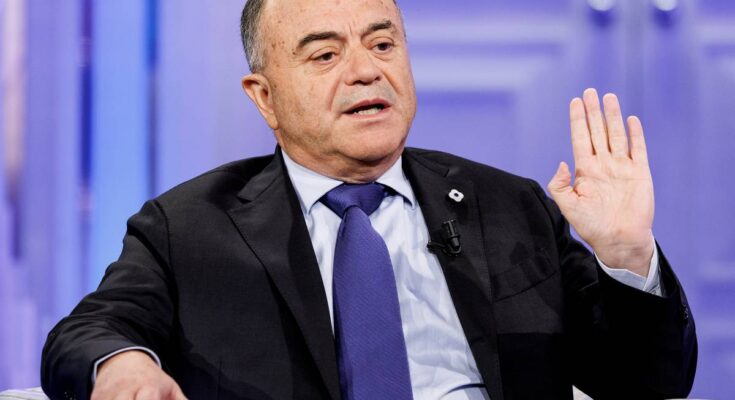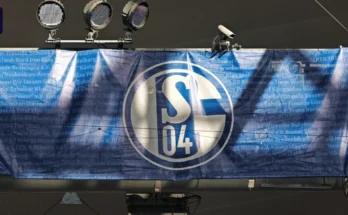What’s worse than a judge who makes a mistake? A person who makes a mistake does not admit it, blames someone else and then makes the mistake again.
It seems incredible but this is Nicola Gratteri’s faithful photo from last week. First the spoof – read live on La7 TV by Floris – about Falcone and his opposition to career separation. Then the worst part of the hole is complete with blame shifting: “Serious, authoritative information people send it to me, they report it to me as genuine and I read it.” Now, instead of covering his head with ashes as Repubblica, Marco Travaglio and Peter Gomez did, the Napoli prosecutor is displaying another masterpiece.
“The meaning of my words has been misunderstood and exploited. In general I don’t like bringing up those who are no longer here, especially if they are people of great cultural and legal importance,” said the prosecutor. But here the question immediately arises: if he doesn’t like bringing up death, why did he read a fake interview with Falcone without a minimum of verification? A reckless choice to say the least.
Not satisfied, Gratteri adds another oddity by inviting us to re-read what Falcone said on May 8, 1992 at the Gonzaga Jesuit Institute in Palermo. And it is wrong to exploit the following quote: “I am sure that sooner or later it will be discovered that mechanistic separation is impossible, because this causes major problems in function and connection”.
But unfortunately, as Doubt immediately analyzes by taking the entire speech, Falcone refers to the difference between the powers of the State. Not only that, he also explained that he had been attacked because he spoke in favor of separating careers.
But Gratteri did not even realize that in the same speech the judge who was murdered by the mafia stated: “The public prosecutor is indeed a judicial body, but because he does not have the power to prosecute, he cannot even be called a judge in the technical sense (). In short, a decision that supports the separation of careers.
If that were not enough, to help Gratteri, we add that in the book “Interventions and Proposals, 1982-1992”, published by Sansoni together with the Giovanni Foundation and Francesca Falcone, the judge wrote: “I had the painful realization that the career setting of a public prosecutor judge could no longer be identical to that of a magistrate judge, because the functions and, therefore, the aptitudes, mental habits, professional skills required were different: the public prosecutor was an investigator, and the judge was an arbiter of disputes”. And again, in an interview in Repubblica in 1991, he said: “Anyone, like me, who demands that judges and prosecutors be two figures structurally differentiated in terms of skills and careers, they are branded as enemies of the independence of judges.”
But Gratteri continued to think he was right. And Sigfrido Ranucci also came to give him his support, writing: “Quite an attack on a great judge and a great man like Nicola Gratteri () immediately conveys the expression conveyed to him by others out of generosity, not to deceive but to share with the public an important concept of regulation that risks undermining the independence of the judiciary”.
An investigative journalist like the host of Report who instead of investigating the triggers of the hoax and understanding who they are (this would also be a public service) defends those who
he spread this hoax for the supposedly noble purpose of generosity and to inform the public of his opinions on career separation. Now, let’s hope they actually let people die alone.



